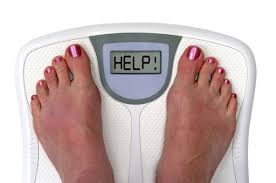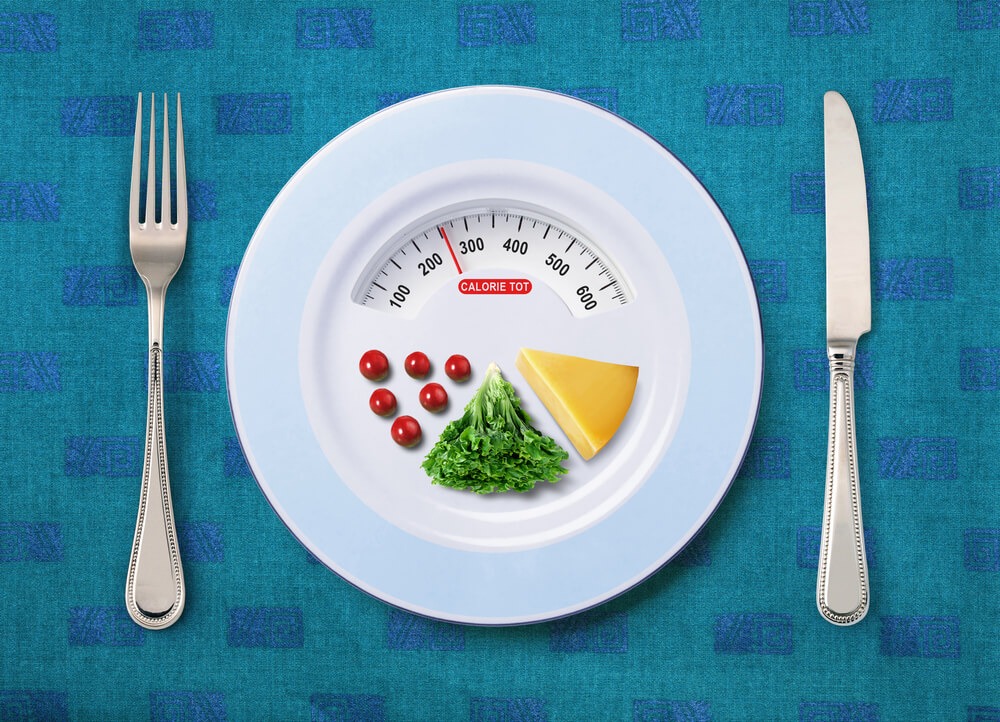Facebook Twitter Instagram Somali Magazine
A Comprehensive Guide to a Healthy Diet for Underweight Individuals: Effective Strategies for Safe and Sustainable Weight Gain
Research has established that underweight individuals have a body mass index (BMI) lower than 18. This condition is more prevalent among females and is associated with various health risks, including increased susceptibility to infections, a higher likelihood of infertility, and an elevated risk of mortality. Below are effective strategies to achieve a healthy weight.
1. Increase Caloric Intake
To gain weight, it is crucial to consume more calories than the body requires. Studies suggest that consuming 700-1000 extra calories per meal can lead to rapid weight gain, while a gradual approach involves increasing calorie intake by 300-500 calories per meal. It is advisable to incorporate calorie-dense foods such as whole grains, dairy products, and nuts into your diet to ensure sustained energy levels throughout the day. Additionally, incorporating high-calorie snacks between meals, such as protein bars, dried fruits, and cheese, can be beneficial.
2. Consume More Carbohydrates and Fats
Carbohydrates contribute to higher calorie intake, making them beneficial for weight gain. Recommended carbohydrate sources include:
- Bananas
- Dark chocolate
- Sweet potatoes
- Potatoes
- Blueberries
- Whole grains such as brown rice and oats
- Pasta
- Quinoa
Healthy fats also play a significant role in weight gain. Sources of healthy fats include:
- Avocados
- Olive oil
- Nuts
- Coconuts
- Olives
- Yogurt
- Cheese
- Almonds
- Nut butter
- Peanuts
- Fatty fish such as salmon and mackerel
To ensure healthy weight gain, it is important to incorporate carbohydrates and fats into every meal while maintaining a balanced diet to prevent other health complications. Eating at least three meals a day is highly recommended. Additionally, incorporating protein-rich foods like lean meats, beans, and legumes can support muscle development and overall health.
3. Opt for Energy-Dense Foods
Energy-dense foods contain lower water content and a high calorie count, making them ideal for individuals looking to gain weight. Some of the best energy-dense foods include:
- Liquid fats
- Fatty foods like French fries
- Starchy vegetables
- Nuts and seeds
- Dried fruits such as dates, raisins, and apricots
- Full-fat dairy products like whole milk and heavy cream
It is advisable to minimize the intake of colorful vegetables as they are generally low in calories. However, they should not be entirely avoided, as they provide essential vitamins and minerals necessary for overall well-being.
4. Follow a Proper Water-Drinking Routine
To optimize weight gain, avoid drinking water immediately before or after meals. Consuming water before meals can reduce appetite, leading to lower food intake, while drinking water right after meals accelerates digestion, reducing the body’s ability to absorb calories efficiently. Instead, hydrate between meals to ensure proper digestion and nutrient absorption without affecting appetite.

5. Maintain Healthy Sleeping Habits
Sleep plays a crucial role in muscle building and weight gain. However, excessive sleep can lead to the excessive burning of calories, which may counteract weight gain efforts. A balanced sleep routine is essential for effective weight management. Aim for at least 7-9 hours of quality sleep each night to support overall health and allow the body to repair and build muscle effectively.
6. Choose Flavorful Foods
Consuming delicious and appealing foods can enhance appetite, encouraging higher food intake. This helps increase calorie consumption, aiding in weight gain. Additionally, it is advisable to limit the intake of fruits and vegetables high in fiber, as they contribute to early satiety. Spicing up meals with herbs and condiments can also help make food more enjoyable, leading to increased intake. Opting for meals with rich flavors, such as curries, pasta dishes with creamy sauces, and grilled meats, can further stimulate appetite.
Additional Tips for Healthy Weight Gain
To further promote weight gain, consider the following:
- Avoid smoking
- Eat frequently throughout the day
- Use weight gain supplements if necessary
- Add creamy ingredients to beverages
- Start meals with protein and fatty foods before consuming carbohydrates
- Engage in resistance training exercises to build muscle mass
- Avoid prolonged fasting periods and ensure regular meal timing
- Include smoothies with added protein, nuts, and yogurt for an extra calorie boost
Recommended Foods for Weight Gain
Some nutrient-rich foods that aid in healthy weight gain include:
- Fish
- Eggs
- Brown rice
- Dairy products
- Legumes
- Whole milk and dairy-based smoothies
- Lean meats such as chicken and turkey
- Healthy snack options like granola and trail mix
- Peanut butter and jelly sandwiches
- High-calorie shakes with milk, protein powder, and fruits
- Energy bars and whole-grain muffins
Note: While consuming high-protein foods is beneficial, excessive intake may increase the risk of heart disease. A balanced approach is essential for maintaining overall health. Always consult a healthcare professional or nutritionist before making significant dietary changes to ensure a personalized approach that meets individual needs.


